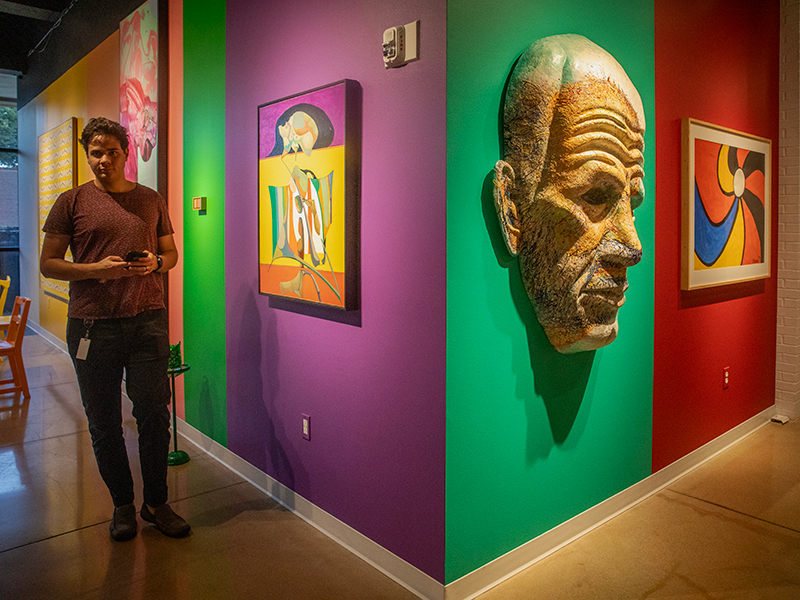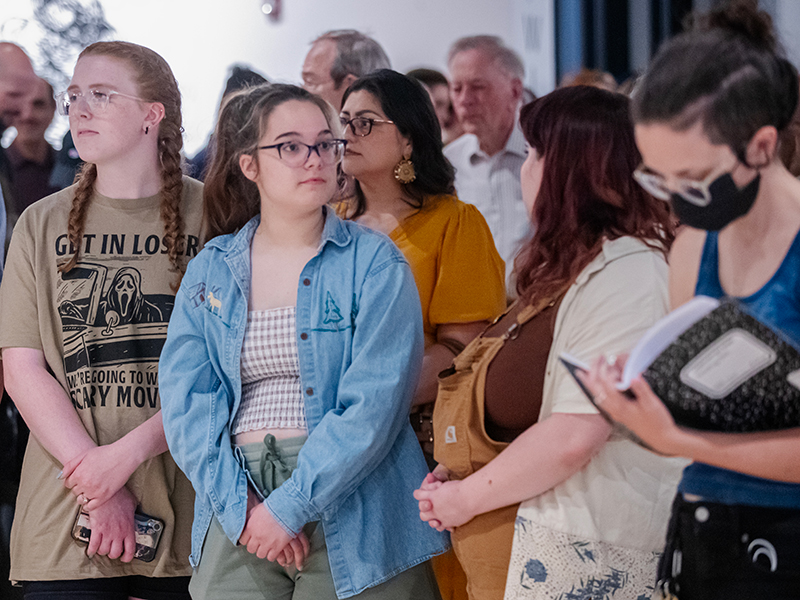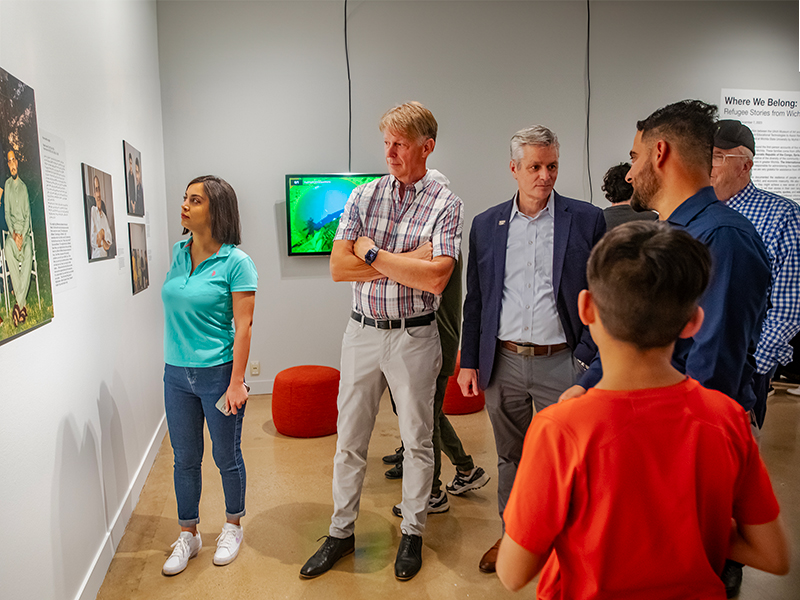The applied linguistics major at Wichita State University offers a rich and diverse experience for students interested in pursuing various aspects of language study and / or analysis. As a student, you'll be introduced to the basic methodology and linguistic principles of linguistics, including phonological and grammatical concepts used in modern and historical linguistics. You'll study how language varies across time and space, and how it is used in different social contexts. You'll also be introduced to various subfields of linguistics, including phonetics and phonology, syntax and semantics, morphology, sociolinguistics, psycholinguistics, historical linguistics, and applied linguistics.
As you progress through the applied linguistics major or the linguistics minor, you'll acquire the following:
Skills and Abilities
- Recognize and understand the basic fields of linguistics and applied linguistics
- Be familiar with the types of representational units that are used in describing and analyzing patterns of sound, word, and sentence structure
- Be able to formulate rules to describe the patterns of speech sounds, morphemes, and words in English and across other languages
- Formulate and test hypotheses
- Conduct linguistic research and present findings
- Apply knowledge of linguistics to other fields
- Impart critical thinking by hypothesis creation and testing predictions
- Involve in different types of data collection and management
Knowledge
- Understand language as a grammatical system and social
- Analyze the structural components of language
- Create new constructed languages
- Understand how languages vary across time and space
- Apply linguistic principles to other domains, such as food studies, music, social contexts
Program Goals
Increasing interest in the program has led to a thriving minor and an applied linguistics major. To support this program, faculty continue to:
- Pursue cutting-edge research agendas that encourage professional visibility through professional conferences and publications
- Make effective use of technology in instruction, particularly through the use of computers for linguistic analysis
- Provide career advising to help prepare students for higher education in the field





